Using VS Code + "Azure Function" Extension, I generated the default python 3.7 timedTrigger function with the following settings:
// functions.json
{
"scriptFile": "__init__.py",
"bindings": [
{
"name": "mytimer",
"type": "timerTrigger",
"direction": "in",
"schedule": "0 0 */6 * * *"
}
]
}
I have also set up two environment variables "USER" and "PASSWORD" which are set up in the Configuration of the app service.
{
"IsEncrypted": false,
"Values": {
"AzureWebJobsStorage": ****************,
"FUNCTIONS_WORKER_RUNTIME": "python",
"USER": "********",
"PASSWORD": "*********"
}
}
Goal: I want to run two instances of the same function, but using two different Configs, i.e. Users+Passwords.
Problem: I believe that the Configuration/App Settings might not be sufficient for this. I can't find a way to run the function twice with multiple different parameters.
Question: What options do I have to reach my goal? One idea I had was to put the User/PW into the functions.json, but I could not figure out how to access that information from within the app function.
